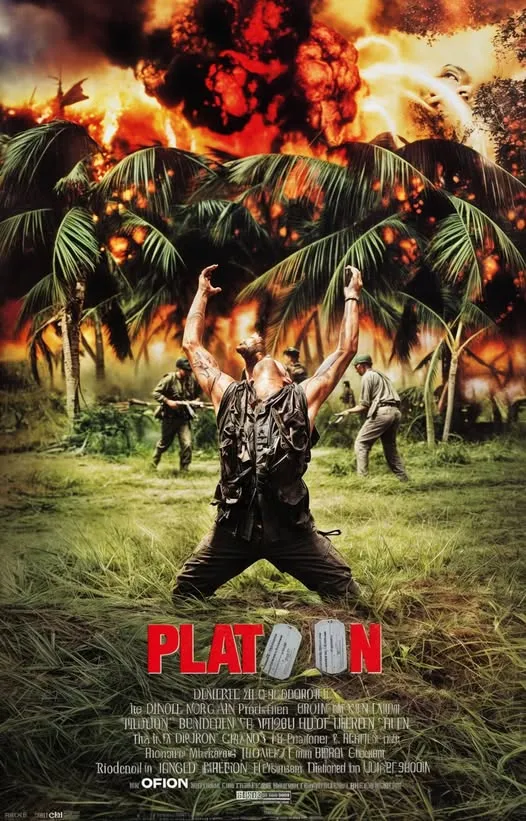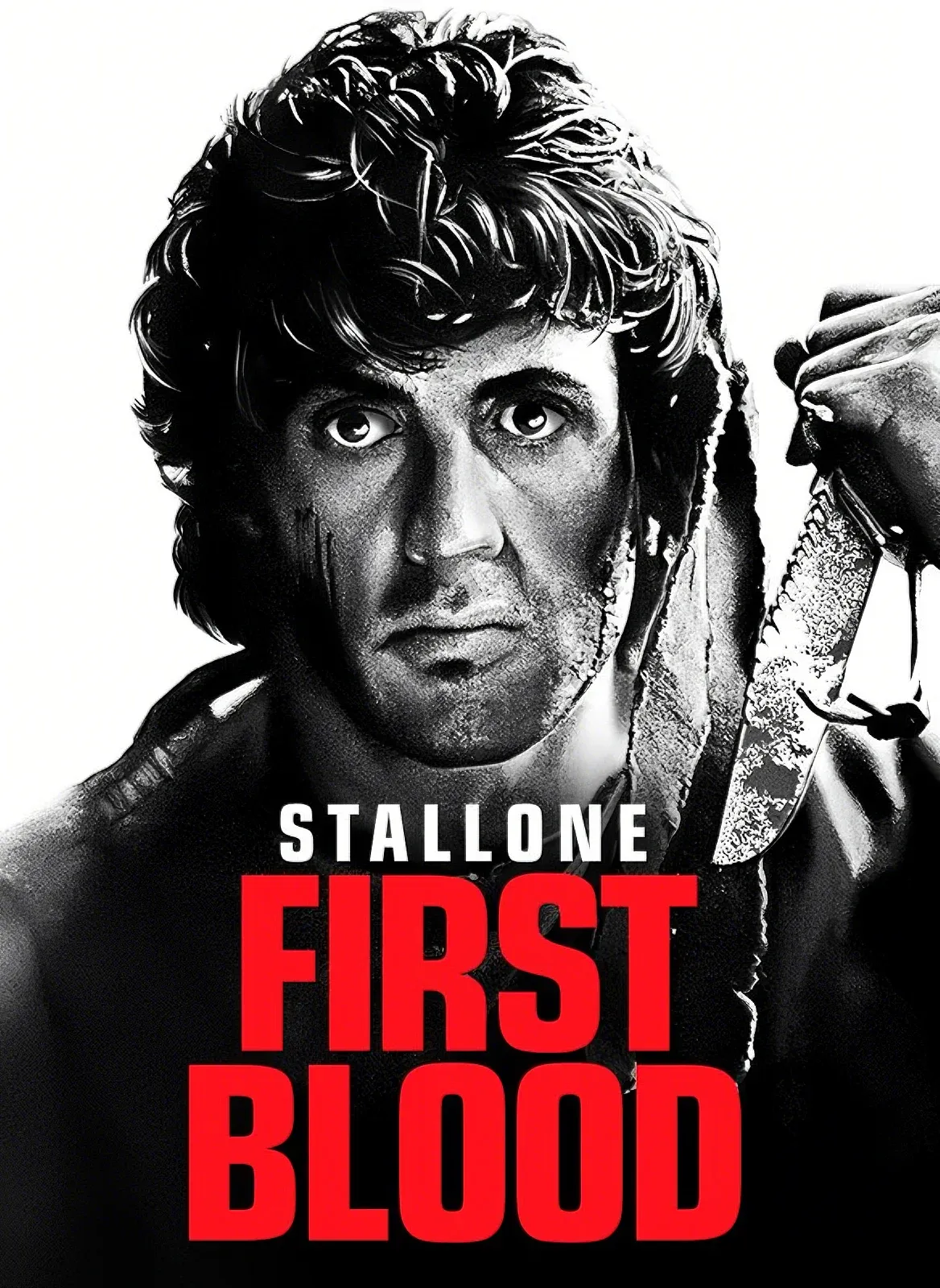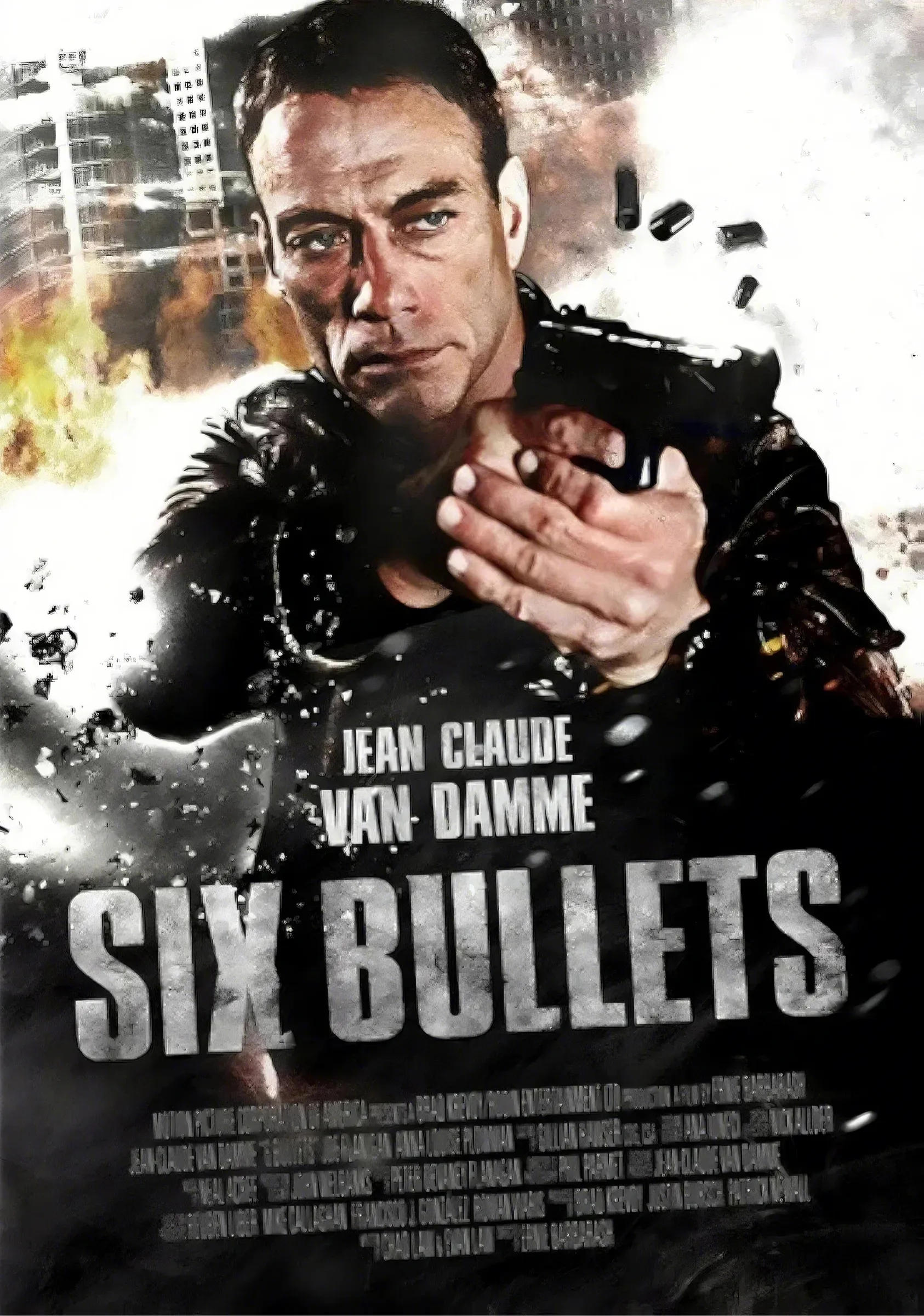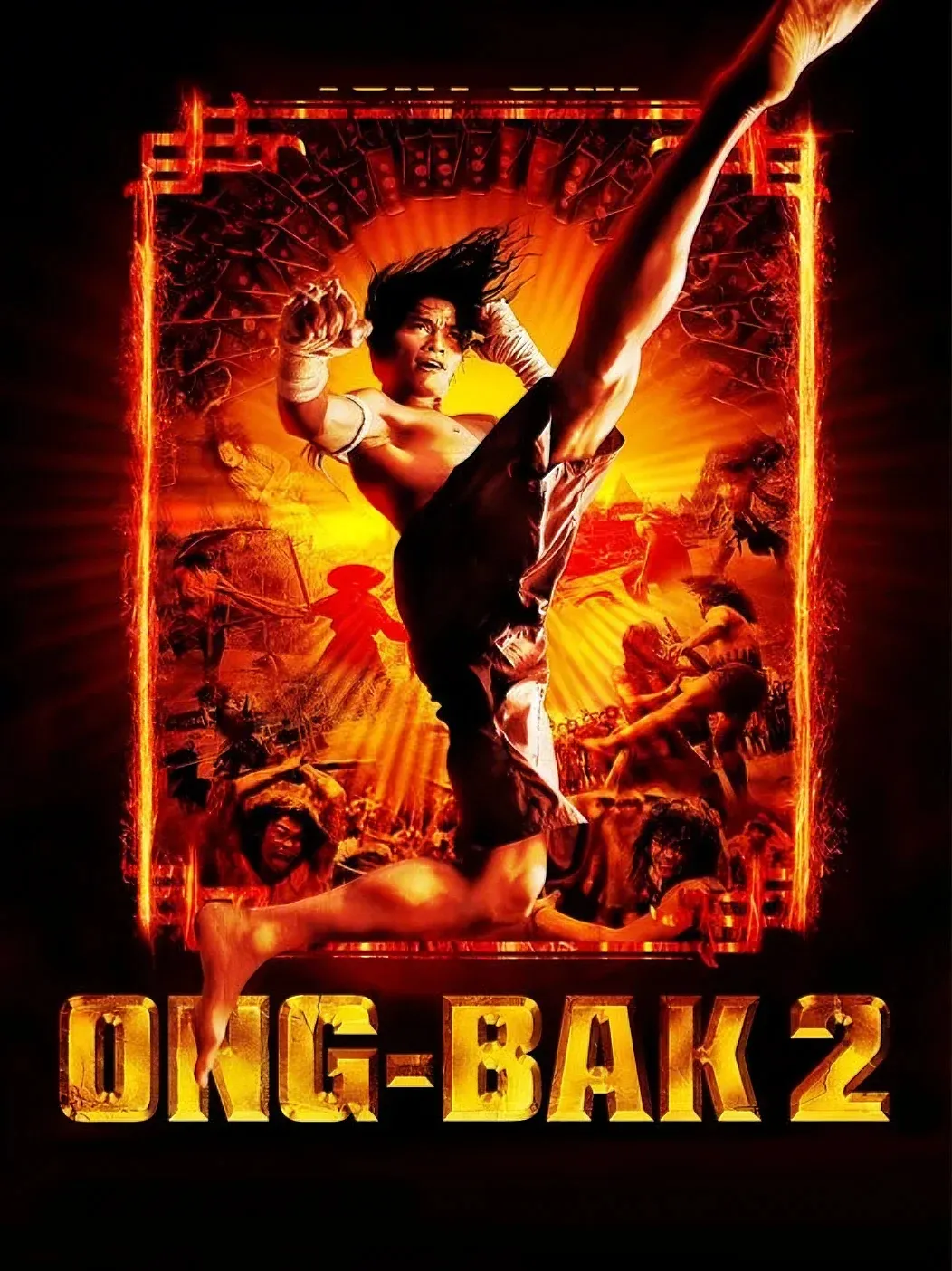Platoon (1986), directed by Oliver Stone, is a powerful and haunting portrayal of the Vietnam War. Set in 1967, it focuses on the personal and psychological toll of the war on American soldiers. Stone, who himself served in Vietnam, created the film as a reflection of the harsh realities of war and the moral ambiguities soldiers face in combat. The film’s gritty realism and unflinching depiction of the violence, confusion, and emotional trauma of war made it one of the most important films about the Vietnam War, earning critical acclaim and winning several Academy Awards, including Best Picture and Best Director. The story follows Chris Taylor (Charlie Sheen), a young man from a privileged background who enlists in the U.S. Army and is sent to Vietnam. Taylor serves as the protagonist and is the film’s moral center. His idealism and naivety are challenged as he experiences the brutality of war and begins to grapple with the violence and confusion surrounding him. Chris represents the audience’s entry point into the war, initially entering the conflict with a sense of duty and purpose, only to find that the realities of combat are far more complex and horrifying than he anticipated. When Taylor arrives in Vietnam, he is assigned to a platoon led by two contrasting and deeply flawed men: Sergeant Elias (Willem Dafoe) and Staff Sergeant Barnes (Tom Berenger). Elias is portrayed as the morally upright, spiritually grounded leader of the platoon, a man who seeks to maintain his humanity despite the horrors of war. In contrast, Barnes is a hardened, cynical, and ruthless soldier who believes in using whatever means necessary to survive and win the war. These two characters represent opposing philosophies on how to approach combat: Elias seeks to maintain the ethical high ground while Barnes is a pragmatist who has become jaded by the violence around him. As Taylor is thrust into the chaos of war, he quickly realizes the brutality of combat. The film depicts the daily horrors the soldiers face, including ambushes, skirmishes, and the constant threat of death. The jungle setting is suffocating and disorienting, and the soldiers struggle with the psychological toll of being in a foreign land where survival is a daily battle. The film’s cinematography captures the dense, oppressive atmosphere of Vietnam, often blurring the line between reality and nightmare. This disorientation mirrors Taylor’s own experience as he tries to make sense of the violence and chaos around him.
As the film progresses, Taylor becomes increasingly torn between the contrasting leadership styles of Elias and Barnes. Both men embody different responses to the war’s horrors: Elias tries to hold on to some semblance of morality and compassion, while Barnes has become a hardened survivor who sees war as a test of strength and brutality. The conflict between Elias and Barnes intensifies throughout the film, as they come into direct conflict over the treatment of the local Vietnamese villagers and the ethics of their actions. This ideological split forms the emotional and thematic core of the film. The platoon’s morale begins to deteriorate as the soldiers are subjected to the constant stress of combat and the pressure of their conflicting values. As they face more dangerous missions and casualties, the soldiers become increasingly disillusioned and brutalized. Taylor’s transformation is one of the film’s central elements; he starts as an idealistic young man, but as he witnesses more death and violence, he begins to lose his innocence. This transformation is exacerbated by the moral ambiguity of the war. The film shows that there are no clear-cut heroes or villains; the soldiers on both sides of the conflict are caught in a cycle of violence that seems impossible to escape. One of the most poignant aspects of Platoon is the way it portrays the emotional and psychological toll of war on the soldiers. As the platoon becomes more embroiled in the conflict, the men struggle to maintain their sense of identity and morality. Many of them succumb to the madness of war, their actions becoming more violent and reckless as the line between right and wrong becomes blurred. The film doesn’t shy away from depicting the ugliness of war; there are moments of raw brutality, as well as scenes of fear, despair, and confusion. The turning point in the film comes when the platoon is ordered to conduct a mission that escalates the tensions between Elias and Barnes. The platoon is tasked with securing a village that has been suspected of harboring Viet Cong fighters. The mission goes awry, and the soldiers find themselves in a situation where their own humanity is tested. This culminates in a tragic and violent confrontation between Elias and Barnes, which ultimately results in Elias’s death. Elias’s death marks a turning point for Taylor, as he is forced to confront the darker aspects of war and his own capacity for violence. In the aftermath of Elias’s death, Taylor becomes increasingly disillusioned with the war and the soldiers around him. He witnesses the destructive power of Barnes’s philosophy and realizes that Barnes represents the dark side of human nature, one that is fueled by anger, survival, and a disregard for morality. However, despite his disillusionment, Taylor also recognizes that Barnes’s approach to the war has kept him alive and may be the only way to survive in the brutal environment of Vietnam. This internal conflict culminates in a final battle where Taylor must make a choice between the two opposing philosophies.
In the final moments of the film, Taylor confronts Barnes during a climactic battle. In a moment of catharsis, Taylor ultimately kills Barnes, symbolizing his rejection of the brutal, survivalist mentality that Barnes represents. The death of Barnes is a symbolic victory for Taylor, but it also highlights the futility of the war. Taylor’s choice is not a triumph but rather an acknowledgment of the impossibility of finding true justice or morality in a war defined by violence and chaos. The film ends with Taylor’s voiceover, reflecting on the cost of war and the loss of innocence. He speaks of how the war has changed him and the others, leaving them forever scarred by the violence they have witnessed and perpetrated. Platoon is a deeply personal and emotional film, providing an unflinching look at the horrors of war. Stone’s direction is raw and visceral, creating a sense of claustrophobia and fear that mirrors the experience of the soldiers. The performances, particularly from Sheen, Dafoe, and Berenger, are outstanding, with each actor bringing depth and complexity to their characters. The film’s themes of morality, survival, and the cost of war resonate long after the credits roll. In its depiction of the Vietnam War, Platoon rejects romanticism and glorification, instead offering a stark portrayal of the brutality and moral ambiguity of combat. The film serves as a reminder of the personal sacrifices made by soldiers and the psychological toll that war takes on those who fight in it. Through its unflinching realism and emotional depth, Platoon stands as one of the definitive films about the Vietnam War, offering a somber meditation on the horrors of war and the complex nature of human morality.




